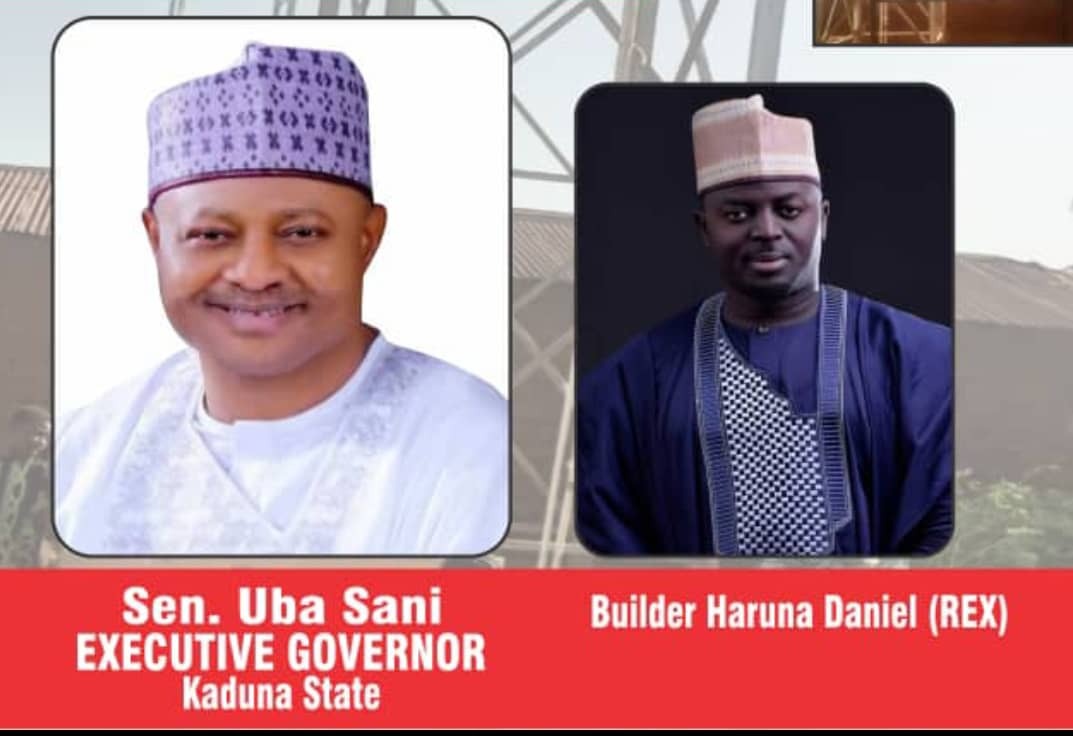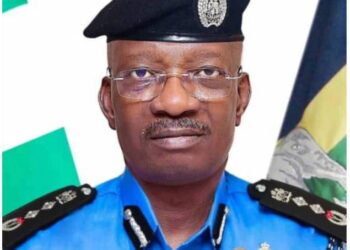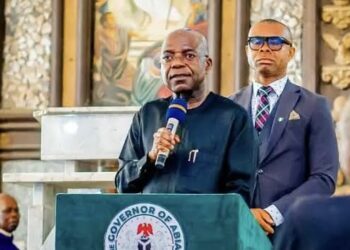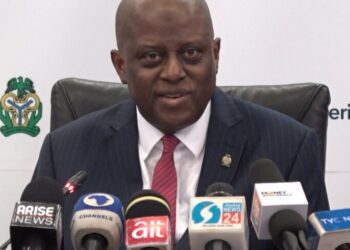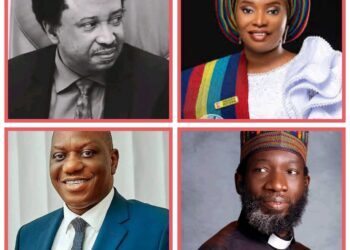By Haruna Daniel Rex
Governor Uba Sani’s administration has, in just two years, demonstrated a remarkable commitment to inclusive development across Kaduna State, particularly in Southern Kaduna. Unlike past administrations that often sidelined the region, his leadership is fostering tangible progress in critical areas such as skills acquisition, healthcare, and education. These efforts not only address longstanding challenges but also signal a new era of collaboration between the state government and the people of Southern Kaduna.
One of the most transformative initiatives under Governor Sani’s leadership is the establishment of the Skills Acquisition Centre in Samaru Kataf. This facility is designed to equip thousands of young people with practical, in-demand skills, preparing them for a rapidly evolving job market.
For too long, unemployment and underemployment have been major concerns in Southern Kaduna. With limited industrialization and formal job opportunities, many young people have been left without viable career paths. By prioritizing vocational training, Governor Sani is not only addressing unemployment but also fostering entrepreneurship. This initiative provides the youth with tools to create jobs rather than just seek them, reinforcing a culture of self-reliance and innovation.
Healthcare has remained a major challenge in Southern Kaduna, with residents often forced to travel long distances for medical care. The establishment of a Federal Medical Centre in the region is, therefore, a game-changer. This facility will provide much-needed medical services, reducing the strain on existing healthcare institutions and saving countless lives.
Access to quality healthcare is a fundamental right, yet it has often been out of reach for many in this region. By investing in medical infrastructure, Governor Sani is not only addressing immediate healthcare needs but also laying the groundwork for a more resilient health system that will serve future generations.
Another landmark achievement is the establishment of the Federal University of Applied Sciences in Southern Kaduna. This development is a significant milestone for the region’s educational advancement, offering young people greater access to higher learning without the burden of traveling far from home.
More importantly, the university’s focus on applied sciences aligns with the state’s vision for industrial and technological growth. In an era where knowledge-driven economies thrive, equipping students with practical and research-based skills is crucial. By bridging the gap between education and the labor market, this institution is set to drive local economic development and innovation.
The appointment of respected figures such as Bishop Matthew Hassan Kukah as Pro-Chancellor and Professor Barnabas Qurix as Vice-Chancellor further reinforces the government’s commitment to making the university a center of excellence. These appointments not only recognize the intellectual contributions of Southern Kaduna but also ensure that the institution benefits from experienced and visionary leadership.
Beyond infrastructure and social development, Governor Sani’s administration has successfully built strong political alliances with key stakeholders in Southern Kaduna. Unlike previous administrations that often maintained a distant or strained relationship with the region, this government has prioritized collaboration, ensuring that Southern Kaduna has a voice in decision-making.
This growing political synergy is significant, not just for development but also for the future of governance in the state. With the 2027 elections approaching, the strengthened partnership between Southern Kaduna and the APC-led government is likely to reshape political dynamics in the region. The trust built through tangible development projects may translate into greater political support, solidifying the APC’s influence in an area where opposition parties have historically dominated.
Governor Uba Sani’s approach to governance underscores the power of partnership in driving sustainable development. His administration’s focus on skills acquisition, healthcare, and education is creating opportunities that will have long-lasting effects on the lives of the people of Southern Kaduna.
More importantly, his inclusive leadership style is fostering trust and unity, bridging political and social divides that have long hindered progress in the region. If this momentum is sustained, the future of Southern Kaduna looks promising—not just in terms of infrastructure but in fostering a thriving, self-sufficient, and politically engaged community.
As we look ahead, it is crucial for all stakeholders—government officials, community leaders, and the people of Southern Kaduna—to continue supporting and engaging in these development efforts. Progress is not achieved in isolation, and with the right partnerships, Southern Kaduna can truly experience the transformation it deserves.


